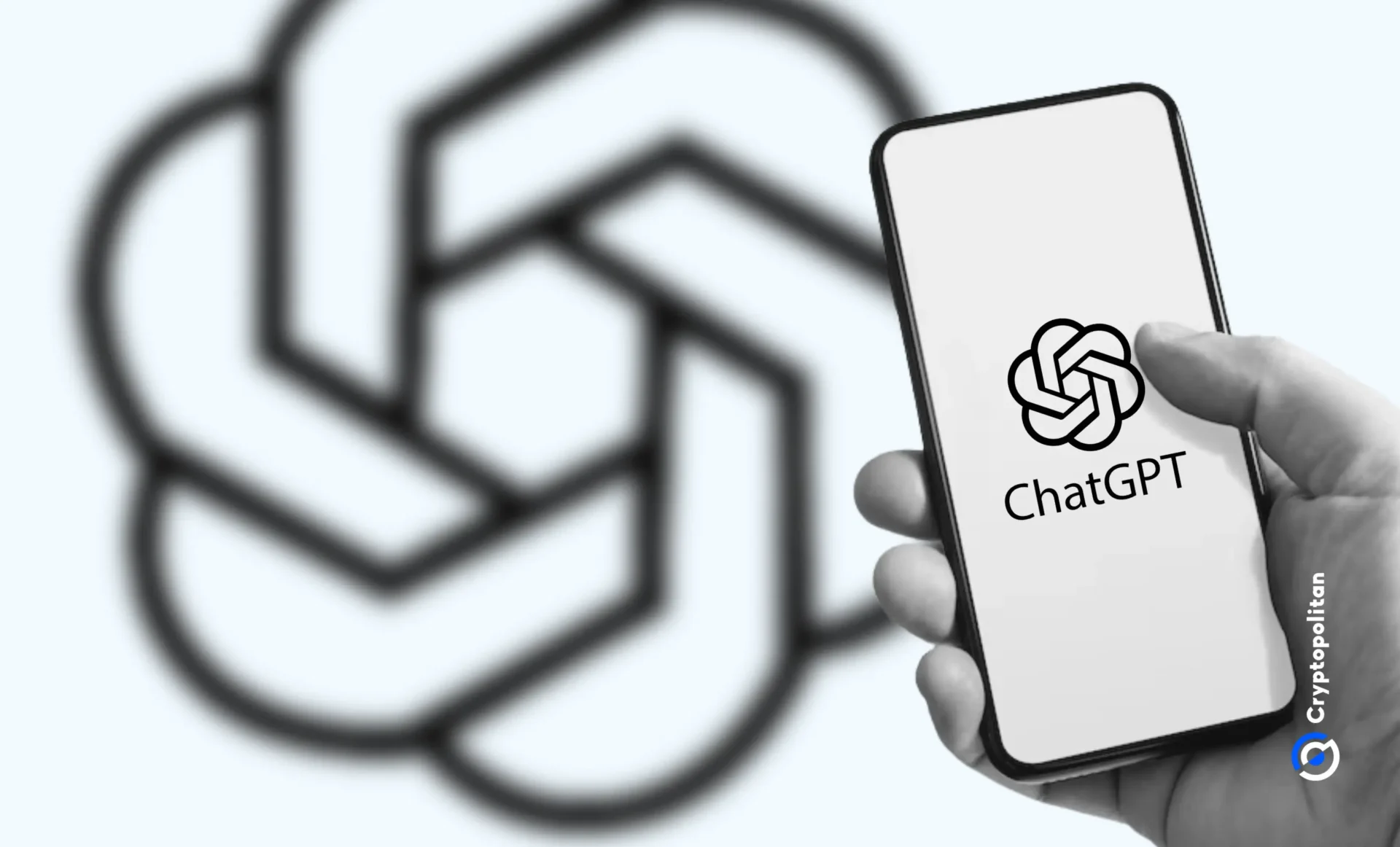By 2028, it is expected that AI-powered program code assistants will be deemed mandatory tools that are even adopted and used by the most reputable analyst firms (Gartner). Highly qualified coders are expected to have an adoption rate as high as 75%, and this is many times greater than the mere 10% seen at the beginning of 2023.
Gartner’s survey of 598 global companies in the third quarter of 2023 revealed a significant trend: 63% of the companies that were undertaking either the trial phase, the phase of adoption, or had completed integration of AI code assistants into their workflows shows how clearly they tend to embrace the technology. Despite initial concerns regarding potential job displacement, analysts highlight a silver lining: improved positive developer experience, greater job satisfaction, and retention among developers.
Gartner’s studies indicate that though many organizations consider AI code assistants as tools for accelerating development processes, the tool possesses a large array of benefits that are still unrecognized. One of the approaches to improving the efficiency of the developers would be decreasing context switching, keeping the flow state of the developer, increasing the DX, leveling up the code performance, and minimizing the maintenance, which, as a result, the time-to-market will be improved.

Major efforts to improve the integrated developer platforms.
This week comes with some dramatic AI-empowered code assistants where the major IDEs are introducing the most significant improvements. The release of Gemini for Android Studio and the announcement of Copilot being a part of Visual Studio starting from release 17.10 ensure that Google has achieved two important milestones for AI-assisted development platforms.
The upgrades are geared at simplifying the programming workflows and can increase productivity owing to the advanced assistance and training tools. These advancements may end up improving code accuracy, but at the same time, they may put jobs at risk.
Balancing efficiency and taking shifting jobs into account
Although the use of AI code assistants expedites and simplifies programming as an automated process, it also leads to a problem of people’s job losses. According to the latest information published by the Adecco group, it is possible that there will be fewer vacancies because of generative AI. The fact that companies might benefit from technological advances is not the only concern, and we need to think also about the social and economical impacts on society as a whole, especially when speaking about the unemployment rate and an economy’s general stability. These developments are twofold that is, they not only improve productivity accuracy but, at the same time, also greatly jeopardize job security.
Whilst it can have positive influence on the companies, it is advisable to analyze the social and economic implications of technical development, particularly those concerning the unemployment rate and the economic situation as a whole.
Original Source: Gartner





